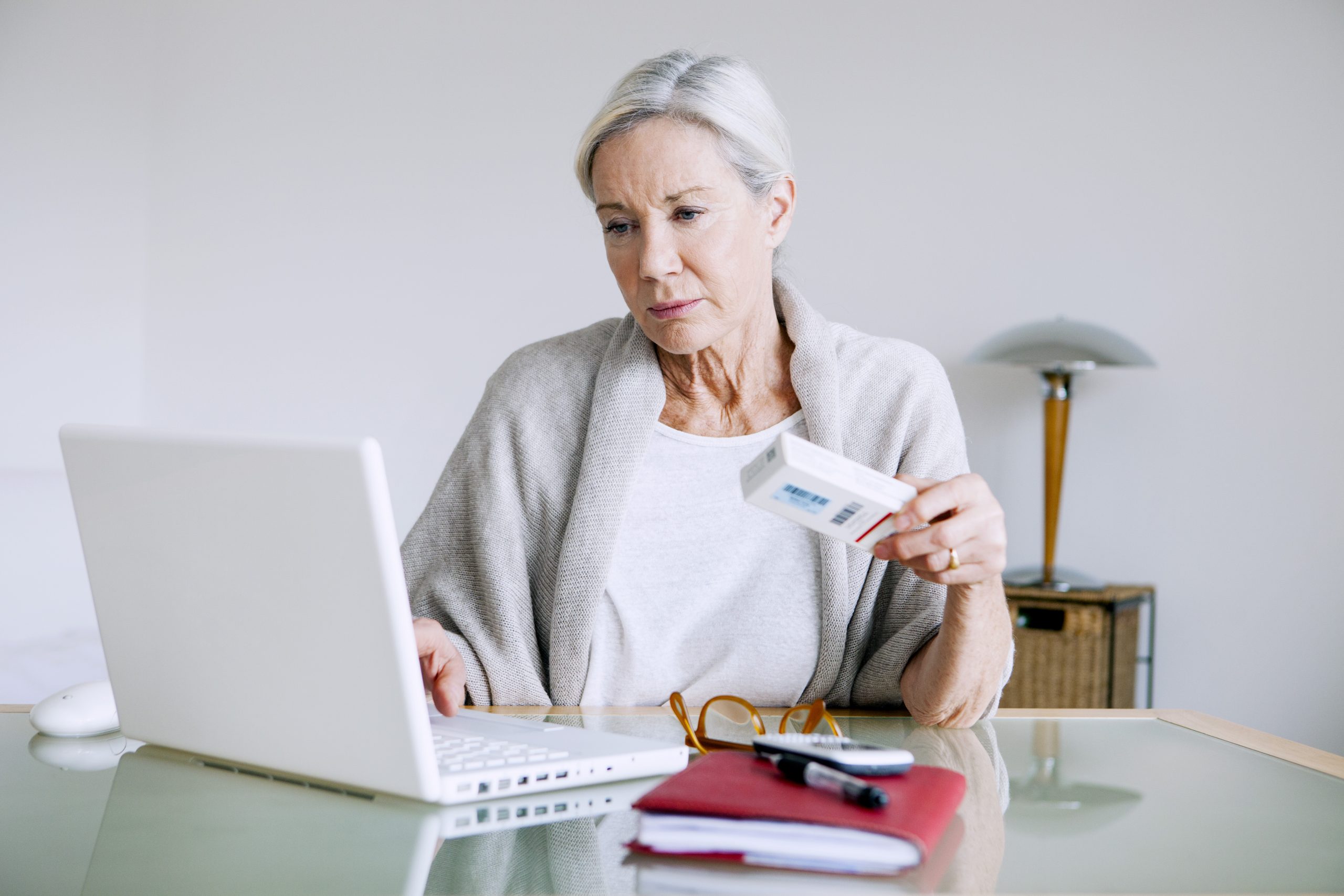Turn to ‘Dr Google’ when you start to get a scratchy throat and you’ll end up with a list that includes a plethora of diseases ranging from tonsillitis, tonsil stones and pharyngitis to throat cancer, sexually transmitted diseases and more.
The list of possible diagnoses is endless; the worry this causes can be very real.
While turning to ‘Dr Google’ to self-diagnose when an ailment pops up is very common, a new study published in the Medical Journal of Australia has found that online symptom checkers are only accurate about a third of the time.
Analysing 36 international mobile and web-based symptom checkers, the researchers found that they produced the correct diagnosis as the first result just 36% of the time, and within the top three results 52% of the time.
Additionally, the researchers found that the advice provided on when and where to seek medical follow up was only accurate 49% of the time.
A little worrying in itself and testament to the fact that it’s better to speak with your healthcare professional, such as a pharmacist or pharmacy assistant, when a health concern arises.
“While it may be tempting to use these tools to find out what may be causing your symptoms, most of the time they are unreliable at best and can be dangerous at worst,” lead author and Edith Cowan University Masters student, Michella Hill said.
Ms Michella adds that online symptom checkers may also provide a false sense of security.
“We’ve all been guilty of being ‘cyberchondriacs’ and googling at the first sign of a niggle or a headache.
“But the reality is these websites and apps should be viewed very cautiously as they do not look at the whole picture – they don’t know your medical history or other symptoms.
“For people who lack health knowledge, they may think the advice they’re given is accurate or that their condition is not serious when it may be.”
All about balance
Ms Hill says that while online symptom checkers should not replace going to a doctor or other healthcare professional such as a pharmacist, they “can be useful in providing more information once you do have an official diagnosis”.
“We’re also seeing symptom checkers being used to good effect with the current COVID-19 pandemic. For example, the UK’s National Health Service is using these tools to monitor symptoms and potential ‘hot spot’ locations for this disease on a national basis,” Ms Hill said.
Approach your keyboard with caution
While it may be tempting to input your symptoms into ‘Dr Google’, the best thing to do is to step away from your keyboard and to book a visit with your local doctor, or see your local pharmacy for some immediate advice.









